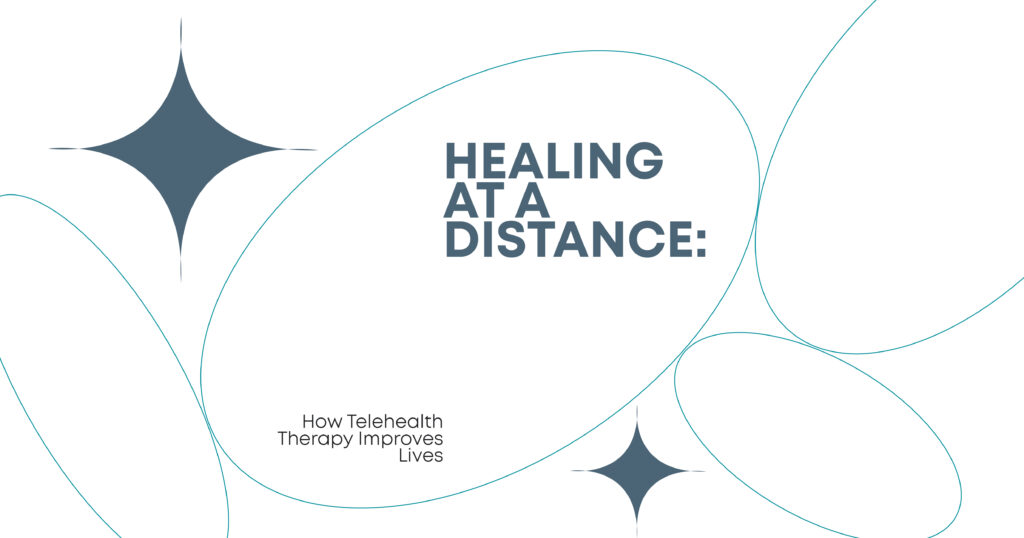In today’s fast-paced world, the accessibility and effectiveness of mental health services have taken a giant leap forward with telehealth therapy. As technology continues to evolve, so does our ability to connect with mental health professionals remotely, offering unprecedented convenience and flexibility. Whether you’re managing a busy schedule, live in a remote area, or simply prefer the comfort of your own space, telehealth therapy provides a viable solution to accessing crucial mental health support.
Understanding Telehealth Therapy
Telehealth therapy, often referred to as teletherapy or online therapy, involves delivering mental health services remotely through telecommunications technology. This can include video conferencing, phone calls, or even messaging and chat platforms. The primary goal remains consistent: to provide effective therapy and support to individuals who may not have easy access to in-person sessions.
Mental Health Center of San Diego
The Benefits of Telehealth Therapy
Convenience and Accessibility:
- No commuting time or travel expenses.
- Access therapy from anywhere with an internet connection.
- Schedule sessions that fit your lifestyle, including evenings and weekends.
Privacy and Comfort:
- Receive therapy in a familiar environment.
- Maintain anonymity and confidentiality.
- Feel more relaxed and open during sessions.
Expanded Options for Therapists and Clients:
- Choose from a broader pool of therapists regardless of location.
- Find specialists that meet specific needs or preferences.
- Benefit from diverse therapeutic approaches and expertise.
Overcoming Initial Hurdles
While telehealth therapy offers numerous advantages, some potential challenges include adjusting to the technology and ensuring a stable internet connection. However, these issues are often minimal compared to the benefits gained, and most platforms are designed to be user-friendly, providing technical support when needed.
Effectiveness of Telehealth Therapy
Research consistently shows that telehealth therapy is as effective as in-person therapy for many mental health conditions, including anxiety, depression, PTSD, and relationship issues. Studies indicate high levels of client satisfaction and comparable therapeutic outcomes between remote and traditional methods.
Mental Health Center of San Diego
Who Can Benefit from Telehealth Therapy?
- Busy Professionals: Juggling demanding careers and personal lives.
- Rural Residents: Living in areas with limited mental health resources.
- Individuals with Mobility Issues: Facing challenges in accessing physical therapy offices.
- Young Adults: Comfortable with digital communication and seeking convenient options.
- Seniors: Requiring accessible mental health care without leaving home.
Addressing Common Concerns
Security and Confidentiality:
- Telehealth platforms adhere to strict privacy regulations (HIPAA compliance in the US).
- Encryption and secure servers protect client information.
Connection and Technical Issues:
- Reliable internet connection is recommended; however, phone sessions can be an alternative.
- Platforms offer troubleshooting support and user guides for seamless experiences.
Future Trends in Telehealth Therapy
As technology continues to advance, the future of telehealth therapy looks promising. Innovations such as virtual reality (VR) therapy and AI-driven counseling tools are on the horizon, promising even greater accessibility and customization in mental health care delivery.
Mental Health Center of San Diego
Conclusion
Telehealth therapy represents a pivotal advancement in mental health care, bridging gaps in accessibility, flexibility, and effectiveness. Whether you’re considering therapy for the first time or looking to transition from traditional in-person sessions, telehealth offers a modern solution that prioritizes your convenience and well-being. Embrace the transformative power of healing at a distance—explore telehealth therapy and discover a path to improved mental health today.









